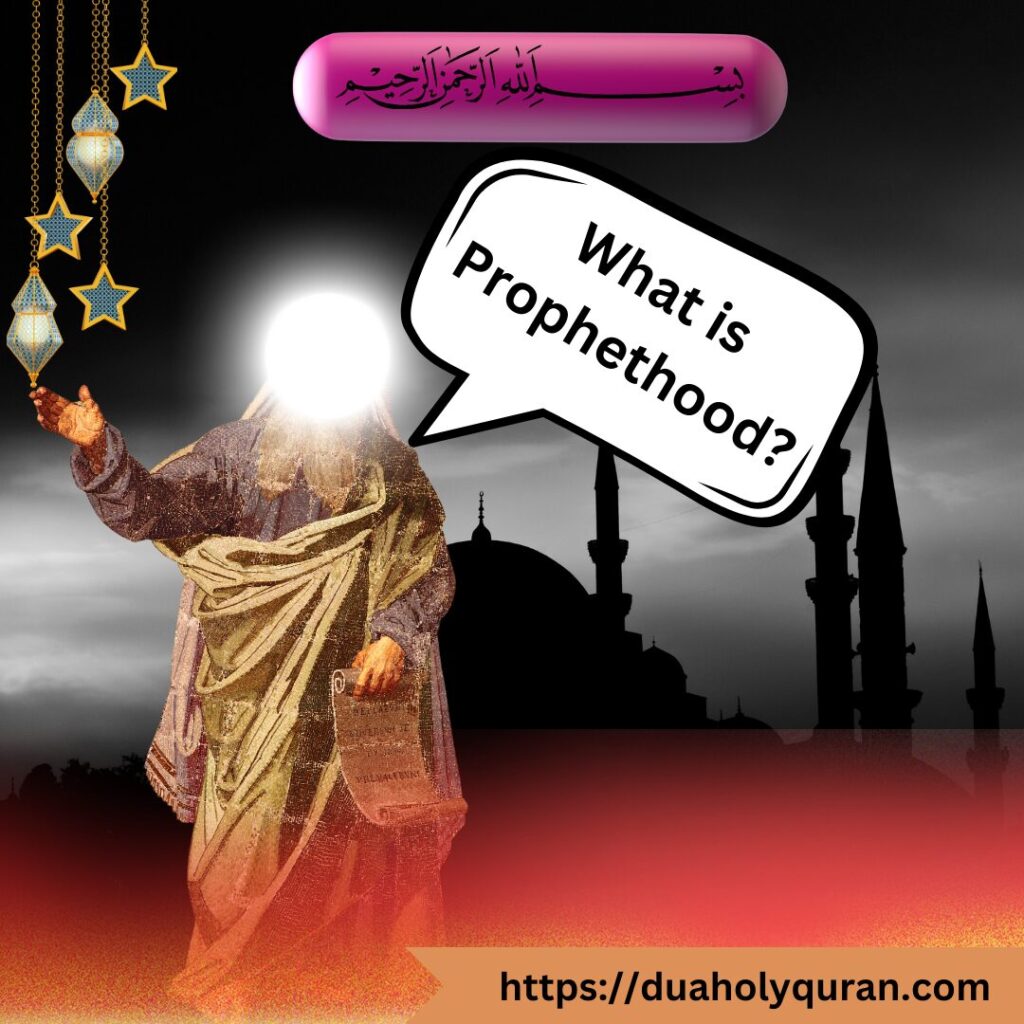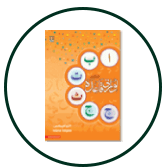Understanding Prophethood (Nubuwwah): A Comprehensive Exploration
Prophethood (Nubuwwah) stands as a foundational concept in many faith traditions, carrying profound significance and guiding the spiritual lives of millions worldwide. In this detailed exploration, we delve into the essence, significance, and common questions surrounding Prophethood (Nubuwwah).
What is Prophethood (Nubuwwah)?
Prophethood (Nubuwwah) encapsulates the belief in divine messengers chosen by the Almighty to convey His guidance and wisdom to humanity. These prophets serve as intermediaries between the Creator and His creation, delivering divine revelations, moral teachings, and guidance on righteous living. In Islam, Prophethood (Nubuwwah) is central, with Prophet Muhammad (peace be upon him) being the final messenger in a long line of prophets, including Adam, Noah, Abraham, Moses, and Jesus, among others.
The Significance of Prophethood (Nubuwwah)
Prophethood (Nubuwwah) holds immense significance in religious and spiritual contexts. It serves as a source of guidance, enlightenment, and moral direction for believers, offering insights into the divine will and fostering a deeper connection with the Almighty. The prophets’ exemplary lives and teachings serve as role models, inspiring individuals to lead virtuous lives and adhere to ethical principles.
The Role of Prophets: Guiding Lights of Humanity
The role of prophets transcends mere earthly titles; it embodies a sacred mission entrusted by the divine to guide, educate, and reform humanity. Prophets serve as conduits of divine wisdom, messengers of moral rectitude, and beacons of hope in a world often shrouded in darkness.
Educators of Divine Knowledge
Central to the role of prophets is their function as educators, imparting divine knowledge and wisdom to their communities. Through divine revelations, prophets convey profound insights into the nature of existence, the purpose of life, and the moral principles governing human conduct. Their teachings illuminate the path of righteousness, offering spiritual guidance and intellectual enlightenment to seekers of truth.

Champions of Moral Rectitude
Prophets emerge in societies plagued by moral decadence, social injustices, and spiritual depravity, serving as catalysts for positive change. They fearlessly confront societal ills, challenge oppressive systems, and advocate for the rights and dignity of all individuals. Prophets embody moral integrity and ethical conduct, inspiring others through their exemplary lives and unwavering commitment to justice and compassion.
Harbingers of Hope and Redemption
In times of adversity and despair, prophets emerge as beacons of hope, offering solace and reassurance to the downtrodden and disheartened. Their messages of faith, resilience, and perseverance instill courage and fortitude in the hearts of believers, empowering them to confront life’s challenges with steadfastness and optimism. Prophets remind humanity of its inherent potential for goodness and redemption, urging individuals to strive for spiritual growth and moral excellence.
Agents of Divine Mercy and Forgiveness
Prophets embody the divine attributes of mercy, compassion, and forgiveness, extending grace and clemency to sinners and transgressors. They exemplify the transformative power of repentance and spiritual renewal, offering pathways to redemption and divine acceptance. Prophets serve as intercessors between humanity and the Almighty, beseeching God’s mercy and forgiveness on behalf of their followers and fostering reconciliation and spiritual healing.
Exemplars of Humility and Servitude
Despite their exalted status as chosen emissaries of the divine, prophets remain humble and self-effacing, embodying the virtue of servitude and submission to the will of the Almighty. They eschew worldly pomp and grandeur, leading lives of simplicity, humility, and piety. Prophets demonstrate that true greatness lies not in worldly power or prestige but in devotion to God and service to humanity.
Prophethood (Nubuwwah) in Islam
In Islam, Prophethood (Nubuwwah) is a central tenet of faith, with Prophet Muhammad (peace be upon him) regarded as the Seal of the Prophets. Muslims believe in the continuity of prophethood, affirming the divine guidance conveyed through successive messengers. The Quran, Islam’s holy scripture, chronicles the stories of various prophets and their missions, emphasizing the universality of their message and the timeless relevance of their teachings.
Key Attributes of Prophets
Prophets possess distinctive attributes that set them apart as chosen emissaries of the divine. They exhibit unwavering faith, moral integrity, and exemplary character, serving as paragons of righteousness for humanity. Additionally, prophets demonstrate humility, compassion, and resilience in the face of adversity, embodying the virtues they preach and inspiring others through their actions.
Common Misconceptions about Prophets
Despite their revered status, prophets are sometimes subject to misconceptions and misinterpretations. One common misconception is the notion of infallibility, whereby prophets are perceived as being incapable of error or sin. However, Islamic teachings affirm that while prophets are exemplary individuals, they remain fallible human beings, susceptible to human weaknesses and shortcomings. Another misconception is the belief in the superiority of one prophet over others. Islam emphasizes the equality of all prophets in conveying divine guidance, with each fulfilling a unique role within the broader tapestry of prophethood.
FAQs about Prophethood (Nubuwwah)
1. Are prophets considered divine beings?
No, prophets are not considered divine beings in Islam or other monotheistic faiths. Rather, they are human individuals chosen by the Almighty to convey His message to humanity.
2. How are prophets chosen?
The selection of prophets is a divine prerogative, with the Almighty choosing individuals based on His wisdom and knowledge of human nature. Prophets are selected for their moral integrity, spiritual purity, and readiness to undertake the responsibilities of prophethood.
3. Are there female prophets in Islam?
While the Quran mentions several female figures who played significant roles in guiding their communities, such as Maryam (Mary), the mother of Jesus, Islamic tradition does not specifically designate any women as prophets in the same sense as male prophets.
4. What is the significance of the Seal of Prophethood?
The Seal of Prophethood refers to the belief that Prophet Muhammad (peace be upon him) is the final messenger sent by the Almighty, marking the culmination of prophetic guidance. Muslims regard the Seal of Prophethood as affirming the completeness and universality of Islam as a divine message for all of humanity.
5. How do prophets communicate with the divine?
Prophets receive divine revelations through various means, including direct communication with the Almighty, angelic visitations, dreams, and inspiration. These revelations are conveyed to humanity through scripture, oral teachings, and personal example.
Conclusion
Prophethood (Nubuwwah) stands as a cornerstone of religious belief, offering profound insights into the nature of divine guidance and the human quest for spiritual fulfillment. Through their exemplary lives and teachings, prophets serve as beacons of light, illuminating the path towards righteousness, compassion, and spiritual enlightenment. By understanding and appreciating the significance of Prophethood (Nubuwwah), believers can deepen their faith, cultivate moral virtues, and strive towards a more just and compassionate society.






